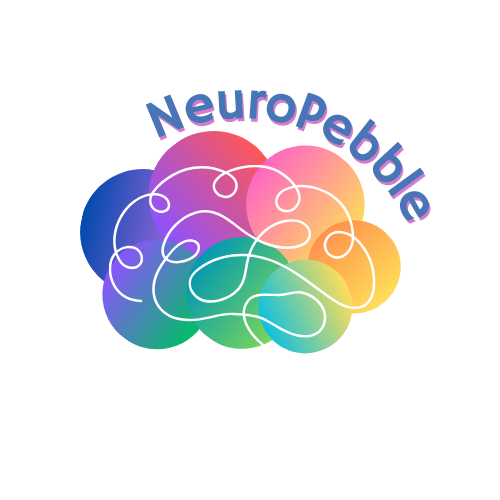When Life is "Too Much": Contextualizing Dissociation, Derealization, and Depersonalization for Autistic Nervous Systems
Join us LIVE on November 21st at 9 am PT
or enroll in On Demand
Did you know...
-
Autistic people are 8x more likely to experience trauma at least once throughout their lifetime.
-
Dissociation in Autistic folx is often mislabeled as “daydreaming” or “not paying attention.”
-
Dissociation, depersonalization, and derealization in Autistic folx are often confused for stimming.
-
What's included?
-
3 hour live webinar
-
Lifetime access to recording & clinical resources
-
3 NBCC CEs*
Learning Objectives
*NBCC CE hours
Write your awesome label here.
Meet the instructors
Britt M. Carilli, LCSW
Patrick Jones - Course author
